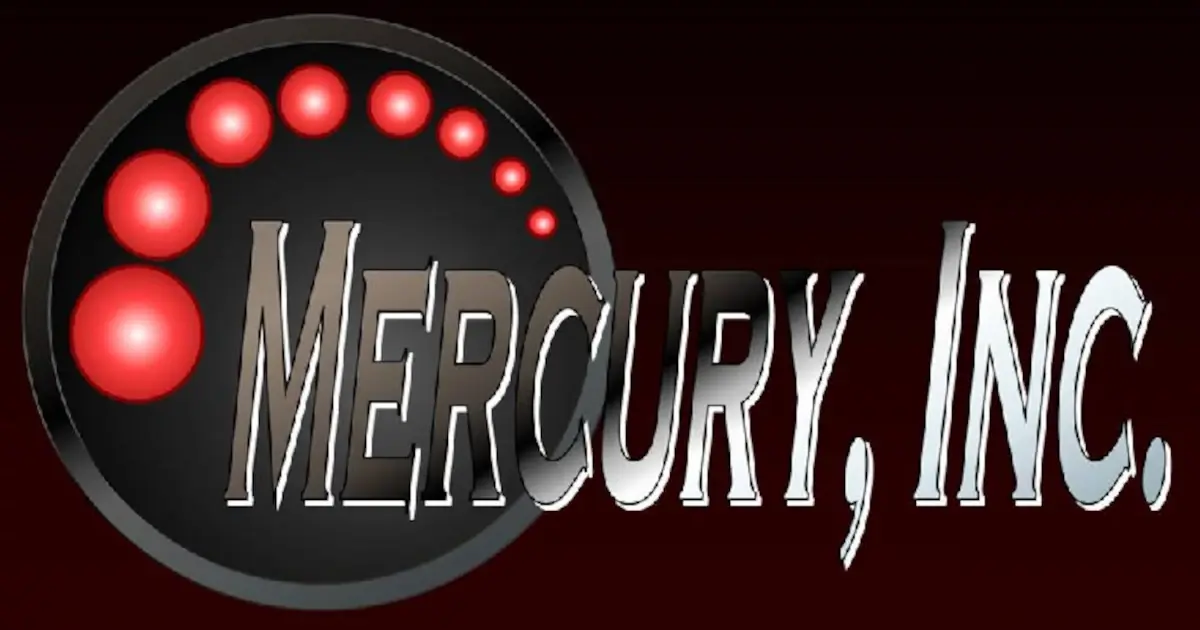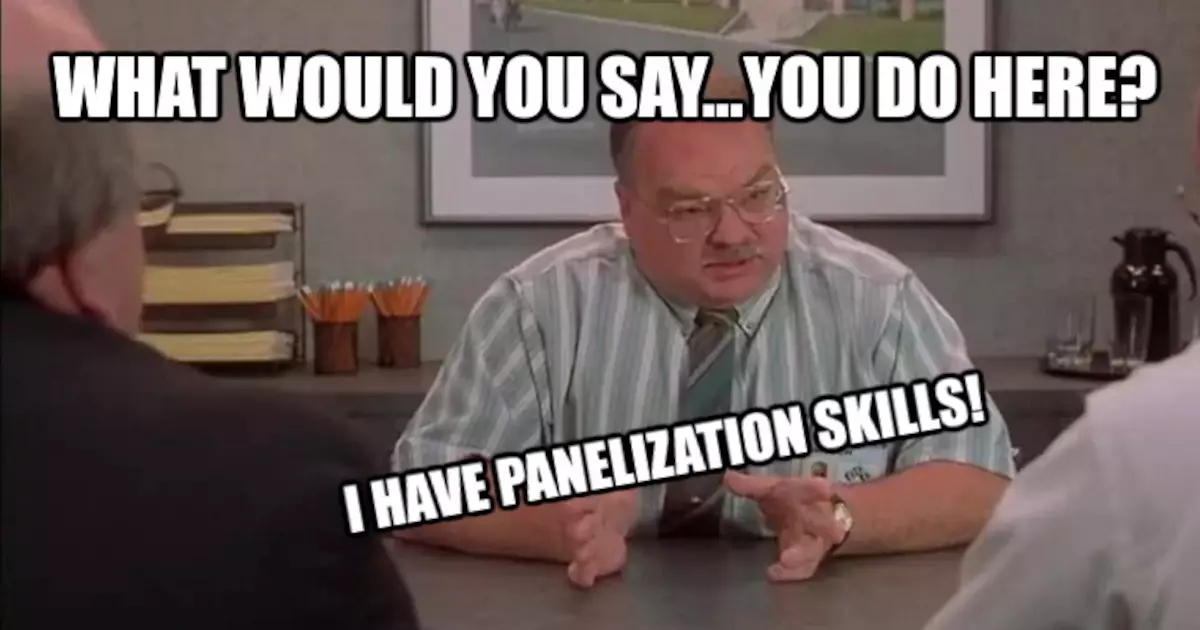
Circuit Break Podcast #330
Rogue Gerbers – Jerry McDaniel of Customer Care at MacroFab
Related Topics
What Would You Say You Do Here?
Panelization of PCB Assemblies. Your Contract Manufacturer takes care of this but there are design choices that can radically alter your end costs.
Comic-Con for Engineers – Chris Carter
Chris Carter joins Parker and Stephen to discuss Design for Manufacturing for PCB Assemblies. Part one of a series of podcasts!
Turning It On – New Design Checklists with James Lewis
James Lewis is back to discuss testing and validating your new PCB Assembly design and what to look for in electronic lab equipment.
Other Resources
Circuit Break Podcast
Blog
eBooks & Guides
Webinars
Videos
Case Studies
Tour MacroFab's ITAR-Compliant Facility
May 27, 2022, Episode #330
- Has been at MacroFab for over 5 years
- Currently the Director of Customer Success
- Previous life, he was the CTO/CFO of Litigation Records Services
- A records retrieval company in Texas managing litigation records for both Plaintiff and Defense attorneys
- Application support for Presensoft Inc. for almost 11 years
Customer Success
- How do you figure out how customer’s act?
- What is the advice you can give to engineers?
- What is the weirdest thing a customer has ever done?
About the Hosts

Parker Dillmann
Parker is an Electrical Engineer with backgrounds in Embedded System Design and Digital Signal Processing. He got his start in 2005 by hacking Nintendo consoles into portable gaming units. The following year he designed and produced an Atari 2600 video mod to allow the Atari to display a crisp, RF fuzz free picture on newer TVs. Over a thousand Atari video mods where produced by Parker from 2006 to 2011 and the mod is still made by other enthusiasts in the Atari community.
In 2006, Parker enrolled at The University of Texas at Austin as a Petroleum Engineer. After realizing electronics was his passion he switched majors in 2007 to Electrical and Computer Engineering. Following his previous background in making the Atari 2600 video mod, Parker decided to take more board layout classes and circuit design classes. Other areas of study include robotics, microcontroller theory and design, FPGA development with VHDL and Verilog, and image and signal processing with DSPs. In 2010, Parker won a Ti sponsored Launchpad programming and design contest that was held by the IEEE CS chapter at the University. Parker graduated with a BS in Electrical and Computer Engineering in the Spring of 2012.
In the Summer of 2012, Parker was hired on as an Electrical Engineer at Dynamic Perception to design and prototype new electronic products. Here, Parker learned about full product development cycles and honed his board layout skills. Seeing the difficulties in managing operations and FCC/CE compliance testing, Parker thought there had to be a better way for small electronic companies to get their product out in customer's hands.
Parker also runs the blog, longhornengineer.com, where he posts his personal projects, technical guides, and appnotes about board layout design and components.

Stephen Kraig
Stephen Kraig is a component engineer working in the aerospace industry. He has applied his electrical engineering knowledge in a variety of contexts previously, including oil and gas, contract manufacturing, audio electronic repair, and synthesizer design. A graduate of Texas A&M, Stephen has lived his adult life in the Houston, TX, and Denver, CO, areas.
Stephen has never said no to a project. From building guitar amps (starting when he was 17) to designing and building his own CNC table to fine-tuning the mineral composition of the water he uses to brew beer, he thrives on testing, experimentation, and problem-solving. Tune into the podcast to learn more about the wacky stuff Stephen gets up to.
Special thanks to whixr over at Tymkrs for the intro and outro!
Related Podcasts

Comic-Con for Engineers – Chris Carter
Chris Carter joins Parker and Stephen to discuss Design for Manufacturing for PCB Assemblies. Part one of a series of podcasts!

Turning It On – New Design Checklists with James Lewis
James Lewis is back to discuss testing and validating your new PCB Assembly design and what to look for in electronic lab equipment.

What Would You Say You Do Here?
Panelization of PCB Assemblies. Your Contract Manufacturer takes care of this but there are design choices that can radically alter your end costs.